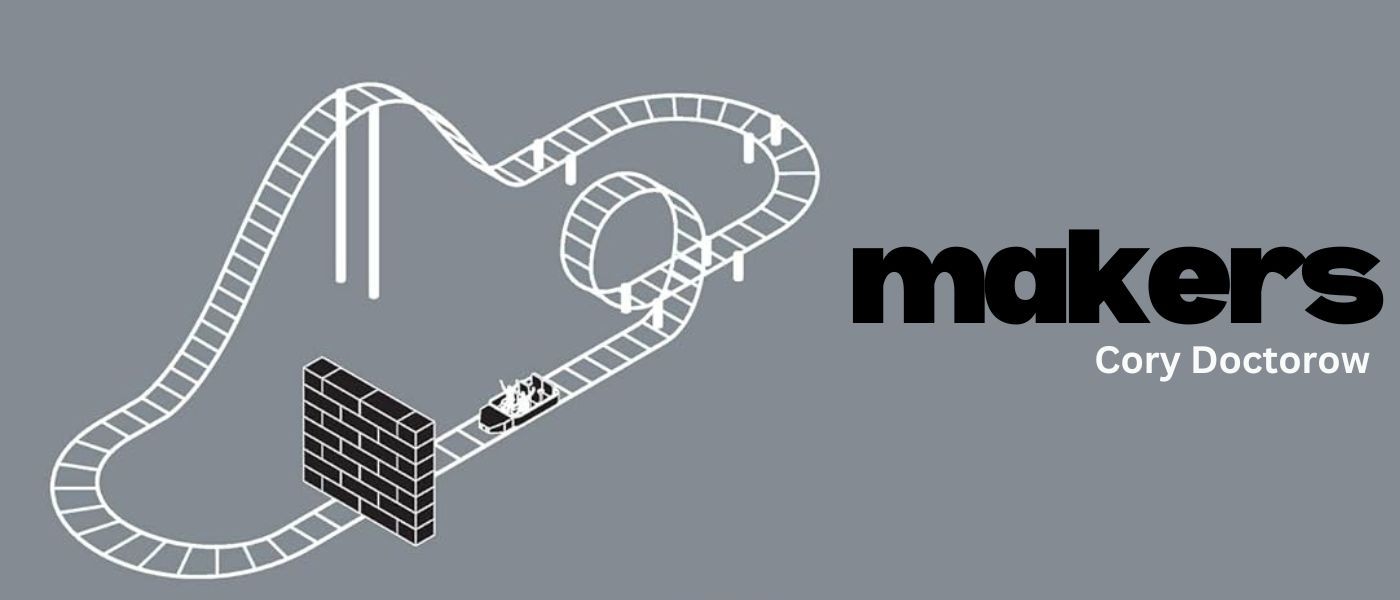This story draft by @corydoctorow has not been reviewed by an editor, YET.
Suzanne Church almost never had to bother with the blue blazer

Blogger, journalist, sci-fi author, Boing Boing co-editor. Copyright activist, Creative Commons supporter.
About Author
Blogger, journalist, sci-fi author, Boing Boing co-editor. Copyright activist, Creative Commons supporter.
